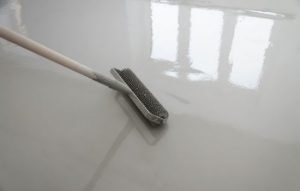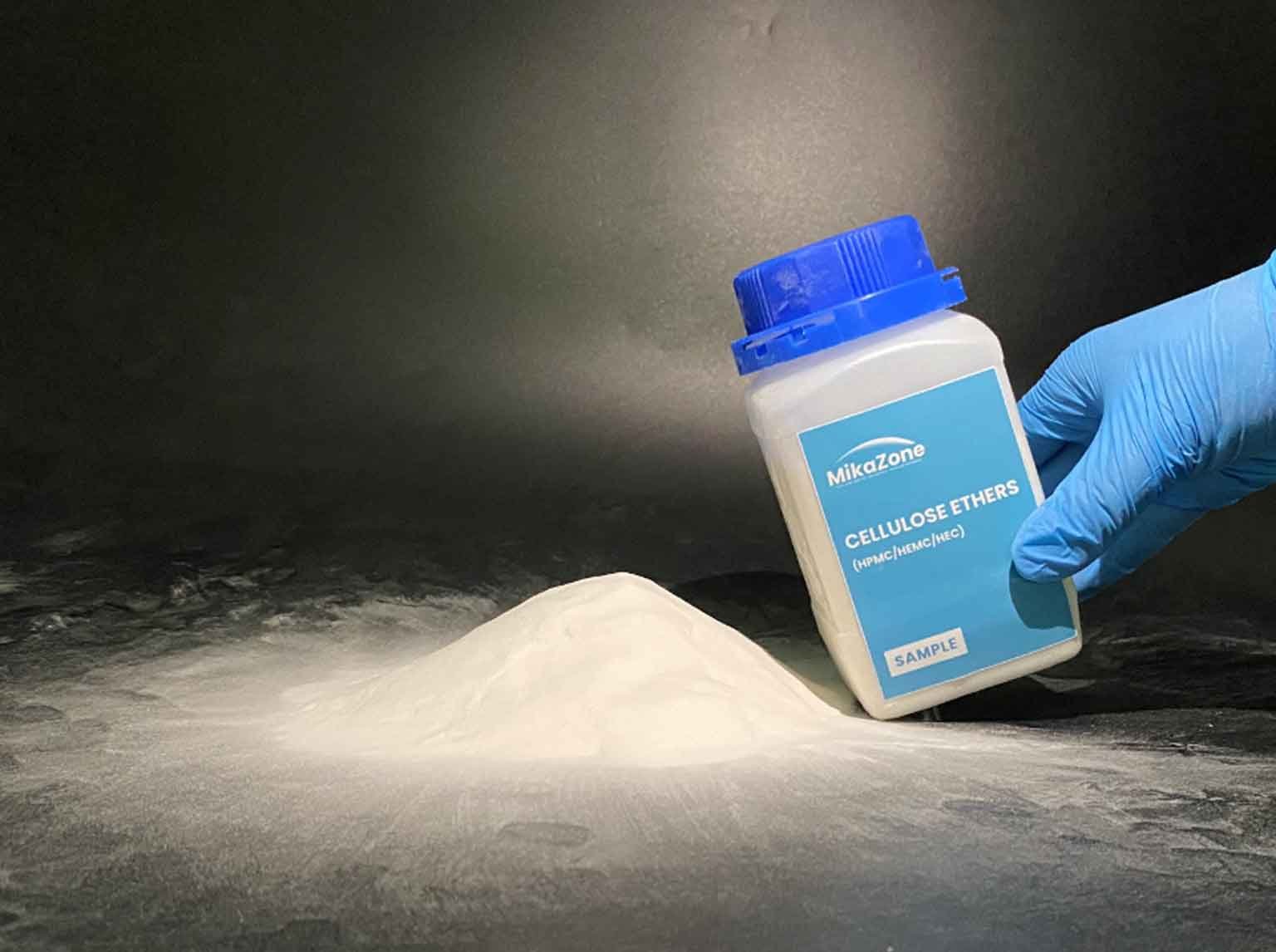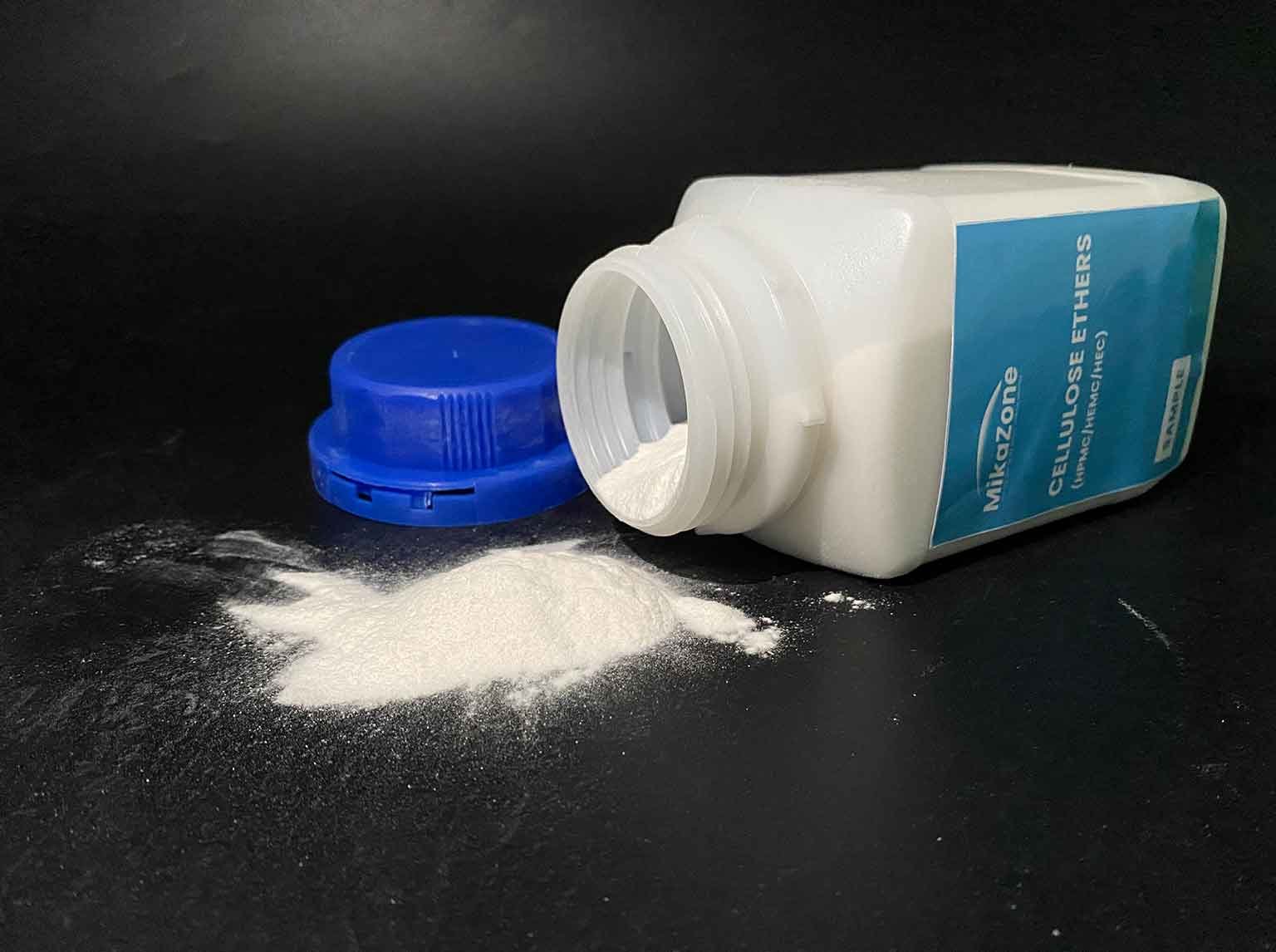How to Adjust the Formula of Self-leveling in Compound Different Environments?
The self-leveling compound is a chemical mixture used to smooth uneven concrete or wooden floors with a flat and self-compacting function. Its ability to level and self-seal is crucial to achieving a smooth and seamless floor.
A quality self-leveling product should have the appropriate operating performance and can maintain its leveling performance and self-healing ability, which require the compound to ensure both its uniformity and stability during the construction. And secondly, it must have a certain strength, including the bearing capacity and the binding force to the base surface. The change of temperature and humidity has an important influence on self-leveling construction, and if it is not solved well, it will bring a series of quality problems.

- Cement self-leveling formula adjustment basis at low temperature
It is well known that self-leveling cement has a complex formula and numerous components. Some raw materials have a glass transition temperature of less than 5°C. During low-temperature construction, the reaction of each component slows down or stops. The self-leveling will cause abnormal phenomena and even affect the final strength. After clarifying the role and performance of each component, the user can select appropriate specifications and materials to adjust the formula, and formulate the self-leveling cement used at low temperatures. It can even be constructed at negative temperatures.
- Formula adjustment basis for cement self-leveling at high temperature
As the temperature rises, the reaction of each component becomes faster, especially the cement and gypsum materials will react violently, which requires the selection of a suitable retarder and an appropriate increase in the dosage.
- The basis for adjusting cement self-leveling formula in the dry season

In the dry season, self-leveling water evaporates quickly, and it is easy to form cracks and pink flowers. The formula should increase the amount of water-retaining agent in time, and the water-reducing agent and retarder should also be adjusted appropriately.
- The basis for the adjustment of cement self-leveling formula in high humidity season (or environment)
In the high humidity season, self-leveling water evaporates slowly, and self-leveling does not solidify or cracks. The formula should reduce the amount of water-retaining agent in time, and the water-reducing agent and retarder should also be adjusted appropriately.
MikaZone™ Hydroxypropyl Methyl Cellulose (HPMC) product play an important role in the self-leveling compound application:
- Prevent the slurry from settling and bleeding
- Improve water retention property
- Reduce mortar shrinkage
- Avoid cracks
To know more information or get a sample, please find our WEBSITE or CONTACT US.




